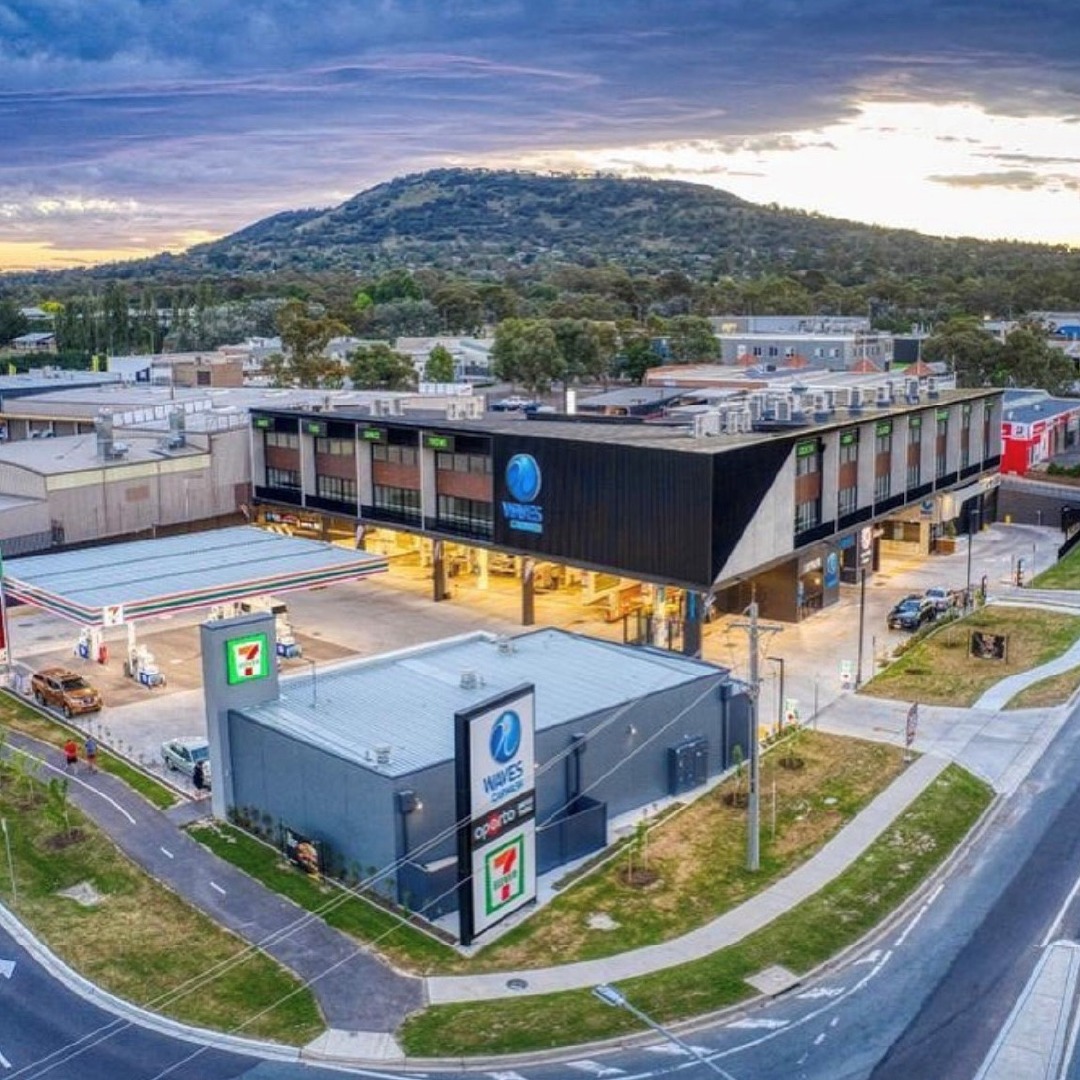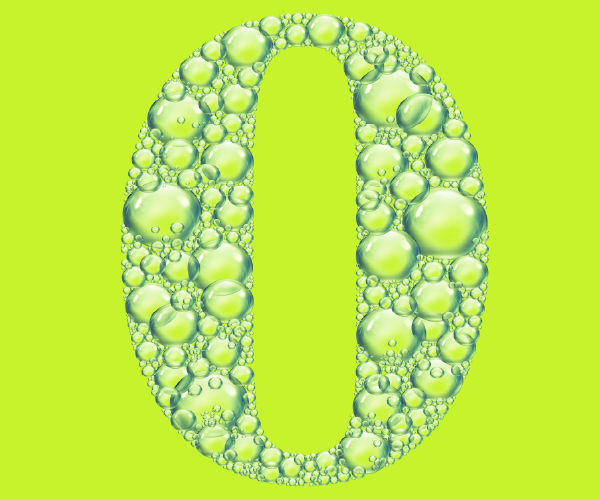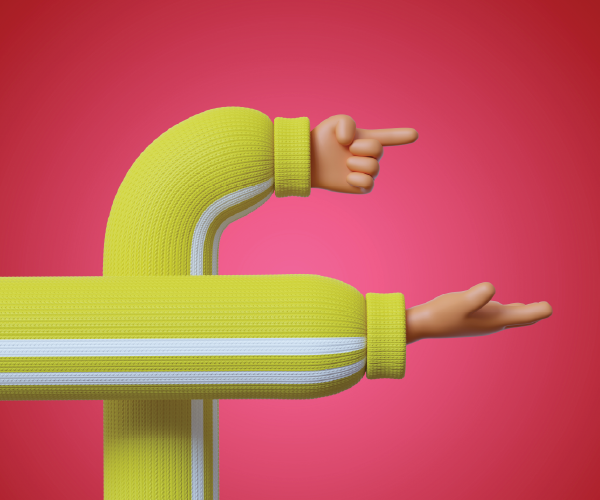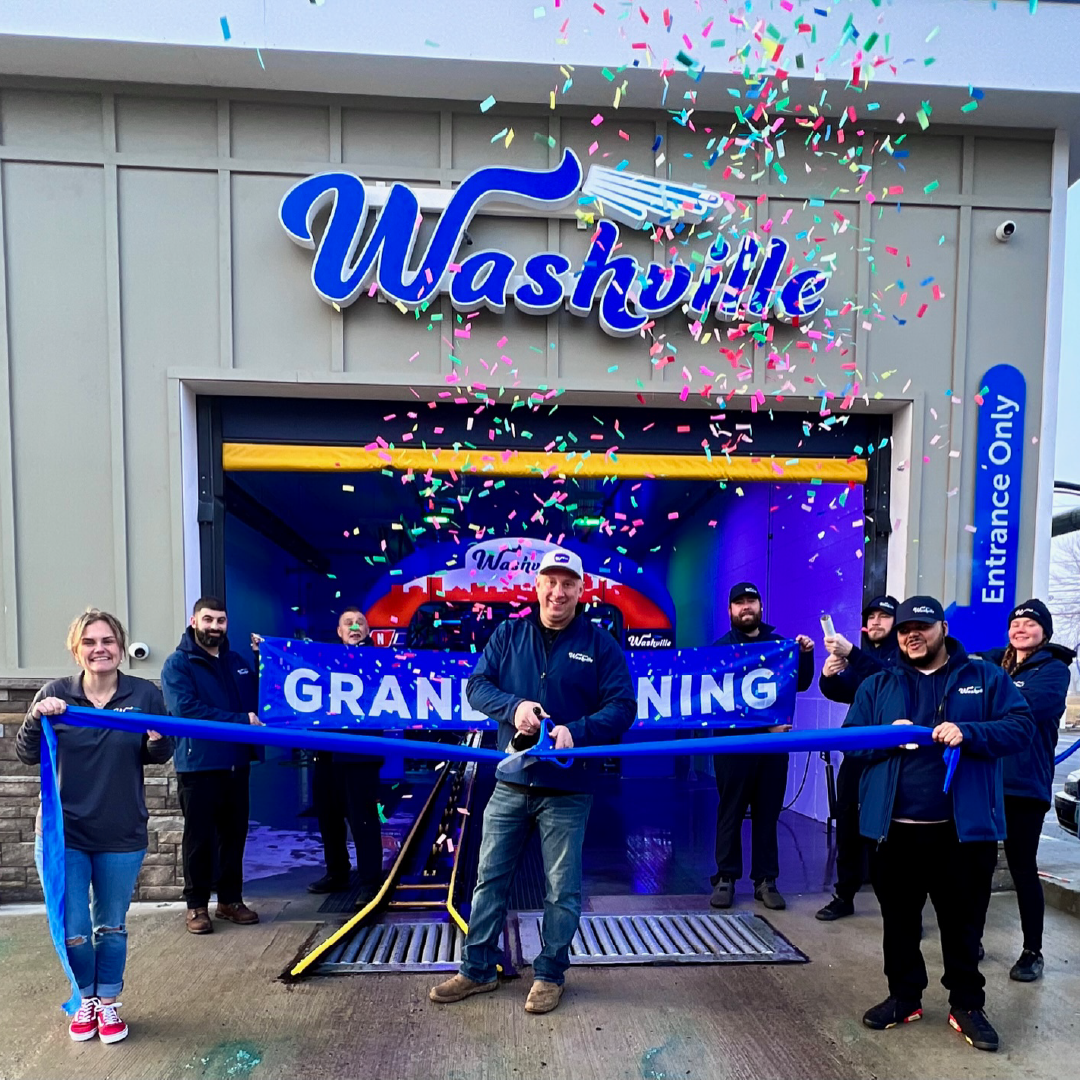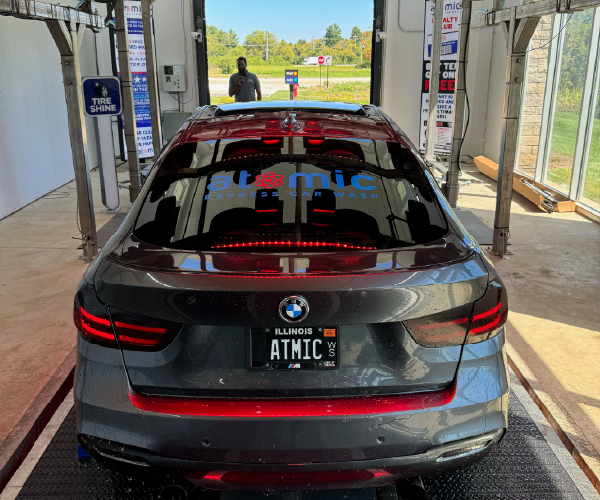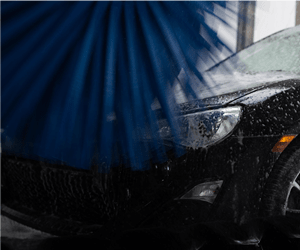
The Fast & Furious
January 2, 2012
8 minute ReadWhen you think of the Netherlands, the first thing to come to mind may not be the innovative car washes. But in this nation of almost 17 million people, the car wash industry is thriving and attracting a wide variety of entrepreneurs.
Mark De Graaf owns three BOB Autowas locations in the Netherlands that wash a total of about 400,000 cars annually. He said a lot has changed since the mid-1990s, when most of the Netherlands’ car washes were in-bay automatic operations owned by petrol companies and located at gas stations.
De Graaf said many car wash operators are seeing annual returns on their investment of 20 percent to 25 percent or more, and that success has brought more investors into the market.
“In the past, we had all those in-bay automatics, and they were mostly oil-company owned, and that’s really changing,” he said. “The big car washes here are all privately owned. I think car washes are very profitable businesses in our country right now, and people see that and want to invest in car washes. Even now, with the economic situation going backward, we haven’t seen a big effect in the car wash business.”
A Growing Industry
In the Netherlands, BOVAG is the trade association that represents almost every facet of the automotive industry, and Jan Bessembinders manages the departments that advocates for car washes and gas stations. He said that in 2008, the most recent year for which statistics are available, there were about 71.7 million car washes performed in the Netherlands, with the average man washing his car 10 times per year and the average woman 9.5.
Tunnels accounted for about 35 percent of those washes, but at-home washes made up about 30 percent, with the remainder split mostly between rollover and self-service (also called “jet wash”) operations.
There were approximately 3,200 professional car wash locations in the Netherlands in 2008, Bessembinders said, though that number includes about 700 businesses that also focus on auto detailing.
Last year, BOVAG counted 4,206 petrol stations in the Netherlands, and 1,480 had car wash facilities. Bessembinders said gas stations historically have had rollover systems, but in recent years, many have upgraded to tunnels.
According to BOVAG, German products are dominant in the Netherlands’ car wash industry, with equipment manufacturers such as Holz Autowaschtechnik, WashTec Cleaning Technology and Otto Christ AG and chemical companies such as Schafer and Rumler GmbH & Co. among the leaders, although the American equipment company PECO Car Wash Systems also has a large presence.
Innovative Solutions
Van den Dungen is the owner of Savona International Produkties, a leading manufacturer of turnkey, self-serve car washes, with about 850 built in the Netherlands and Belgium over the last five decades.
“The price of the wash has been going down and is becoming more important to customers,” van den Dungen said. “One of our issues is that to the customer, the car wash is always too expensive, so many operators are turning to tunnels because they can better handle a larger volume of cars. Rollovers are losing market share.”
Last year, Savona International became a distributor of PDQ Manufacturing’s car wash equipment, and this year, Savona is using PDQ’s LaserWash line to introduce the concept of “car shower” into the market.
Van den Dungen hopes to encourage busy, cost-conscious customers to buy a 2 1/2-minute express car wash for about 4 euros ($5) that will bridge the gap between more extensive, costlier washes. For example, a customer might go to a tunnel for a wash on the first of each month and get a car shower on the 15th of each month. The car shower facilities will be located mostly at gas stations, van den Dungen said.
“Between your two bigger washes, you can go for a quick car shower, and it doesn’t cost you a lot of money,” Van den Dungen said. “We have high expectations for this and are talking to several oil companies and bigger investors who really like our concept.”
A Focus on Sustainability
Bessembinders said some cities in the Netherlands are encouraging residents to wash their vehicles at car washes instead of outside their homes because of environmental concerns, and a handful, such as Utrecht, can fine residents who wash at home.
But Bessembinders said those laws are rarely enforced, and BOVAG isn’t actively encouraging the widespread passage of such laws, like in Germany. BOVAG doesn’t want to be accused of injecting the profit motive into a discussion of public policy, he said.
“BOVAG wants people to go to the car wash facility not only because it’s environmentally friendly but because it’s the best way to wash your car,” Bessembinders said. “You go to the car wash because you believe in the environment and in the quality of the wash, not because the government forces you to.”
Sustainability is an area of particular concern for BOVAG, so last November, the association launched its Erkend Duurzaam, or “Proven Sustainable,” program. BOVAG members who save water and use environmentally friendly cleaning chemicals can earn the Erkend Duurzaam designation from the association and use it as a marketing tool.
But th e program isn’t just about the environment. It also encourages car washes to have a positive role in their communities by offering education and career opportunities to employees and sponsoring local charities and youth sports leagues.
“It’s not only about the planet, it’s also about people, and when you invest in the planet and people, we think that’s a good way to get to the third ‘P’ — profit,” Bessembinders said.
In the Netherlands, TUNNELS ARE ALL THE RAGE
When it comes to the Loogman Groep’s six car wash locations in the Netherlands, owner Ger Loogman likes to run a tight ship. Loogman strives to build big car washes with the newest and most efficient equipment so that few employees are needed and customers can get in and out quickly.
Loogman’s company focused on oil trading and operating gas stations before adding car washes in 1983. One of its busiest businesses is a gas station and car wash in the Amsterdam suburb of Aalsmeer that sells more than 6 million gallons of fuel and washes approximately 240,000 cars annually, Loogman said. The other five locations are standalone car washes.
Loogman’s car washes have twin 78-foot-long tunnels for prepping cars and twin 165-foot-long tunnels for the main wash. All six locations offer free self-serve vacuums, and with 55 vacuums at the Aalsmeer location, customers never have to wait in line.
Loogman said his car washes use cleaning chemicals made by the German company Schafer, and his company distributes them to about three dozen car washes in the Netherlands.
About a dozen years ago, Loogman was among the first car wash operators in the Netherlands to switch from nylon brushes to cloth material, and now he’s betting on another trend: a separate tunnel designed just for automated express waxes.
The tunnels were designed by Mark De Graaf, who owns three BOB Autowas car wash locations in the Netherlands and one in Curacao and whose Ace Carwash Systems is a leading supplier of tunnels in the Netherlands, with about 150 built over the past 10 years, De Graaf said.
After a worker applies a spray wax by hand, the cars enter the tunnel, which uses fabric to buff and polish. Loogman said the polishing service costs customers 4 euros, or about $5, and his goal is for at least 25 percent of his customers to opt for the service. With just one or two employees, a polishing tunnel can handle 30 to 50 cars per hour, he said.
“It’s cheap, and we can handle high volume,” Loogman said.
De Graaf said eight of these polishing tunnels had been installed in the Netherlands as of early January. When it comes to car washes, De Graaf also believes in building big car washes that can handle large groups of cars. His BOB Autowas location near Rotterdam features twin washing tunnels, twin flat-belt conveyors for full-service finishing, self-serve vacuums and wash bays and a dry polishing tunnel.
“What customers really expect is a high-speed wash,” De Graaf said. “They don’t want to spend a lot of time at the car wash. The biggest trend is these huge indoor car wash centers because they offer speed, and I think speed is a part of quality. People are always in a rush.”
De Graaf said he expects his dry polishing tunnels to quickly gain popularity in the Netherlands, and a bit farther down the road, another of his innovations might have an even bigger impact.
At his Curacao car wash location, De Graaf has installed a tunnel that lets a greeter determine how dirty a car is and then adjust the amount of water, cleaning chemicals and electricity that will be used to wash that car.
Most standard equipment is designed to clean the dirtiest cars under the most difficult washing conditions, but that approach is wasteful since most cars do not need a high-intensity wash.
At the grand opening of his Curacao location, De Graaf noticed that expensive water, chemicals and electricity were being wasted on a relatively clean rental car, so he sought to design a more efficient tunnel. He partnered with the Canadian automated equipment company Kesseltronics, and the result is a tunnel that reduces operating expenses by 20 to 40 percent, De Graaf said.
“Everyone is talking about green car washes, and I think this is the first step toward a real green car wash,” De Graaf said. “And it’s not a marketing thing, it’s real. What we’re doing is real.”
We concentrate on three things: speed, the experience the customer has and the quality of the wash,” Loogman said. “Speed is the No. 1 thing, and that’s something we work for.
“In Europe, we have high labor costs, so we want to have more machines and fewer people. We have more machines in the conveyor, which is now longer, so that you can do a wash without much work by hand.
BOVAG wants people to go to the car wash facility not only because it’s environmentally friendly but because it’s the best way to wash your car.
The average Dutch customer expects the same things as an American customer: a competitive price, a quick wash and a clean car with no damage.

